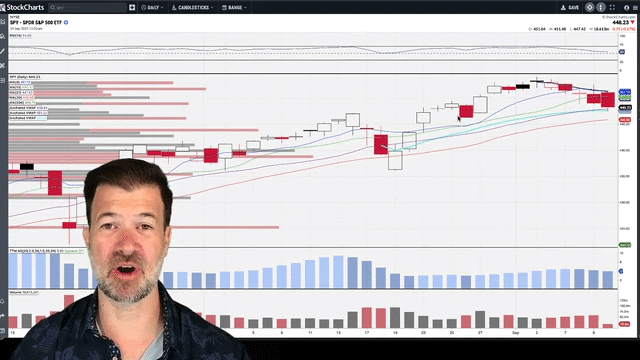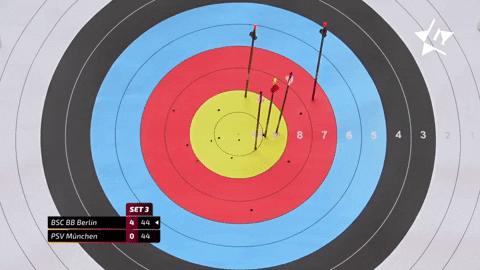I recently received a DM from a developing trader. This trader has been improving over the last few years and has been working very hard on his game to develop his playbook of trading setups.
However, a string of bad trades caused him some psychological stress and a loss of confidence this week.

This trader was applying a strategy that was working for him in the past but did not seem to fit the current market conditions causing the bad streak.
He understood that he traded his setups, but the market had changed.
Even so, he told me that he felt “lost” and that it was “extremely painful.”
Even the best traders will usually only make great trades on half of their setups. Statistically speaking, this means that a frequent trader will have strings of setups that do not work out, just due to random chance. Developing traders often struggle with this issue. A trade might not work out, and they go through all the different ways they could have been better. That’s great, but the point is a trader cannot control what the market is going to next once a trade is put on. Having regret and experiencing pain is an issue developing traders need to overcome and also accept.
Dealing with Setbacks
Veteran trader Tom Canfield in a tweet, explains, “You fall down, you get up. You fall down again, you get up again. Success is a function of resilience in failure.” You see, setbacks are fuel for development and are an opportunity to improve. In fact, I need bad trades to give me the energy to become stronger. Often, I can get stuck in a routine and may even get bored after doing this trading thing for so long. But a few mistakes or bad trades give me a jolt, my survival instinct kicks in, and I adapt, being even more focused on finding that next great trading setup.
We cannot eliminate emotion from our trading because we are humans. What traders can do, however, is embrace these emotions, notice them and use them to make better trading decisions. A simple example is walking away from the trading desk to take a break or getting out of a trade when we notice we are negatively charged emotionally, overtrading, or going on tilt. A trading journal helps to recognize these repetitive psychological patterns.
Experience
All of this takes time and development. The difference is that experienced traders have been through it all and have developed a much thicker skin than developing traders. Thus a big difference between traders who exit the arena and those who go on to have great careers is resilience. Developing traders need to get back up and keep trying to survive the learning curve.
When a trader is down and feeling emotional pain, it helps to have experienced traders to talk to for some perspective. Some hedge funds and propriety trading firms even employ psychologists to help their traders with this process.
Perspective
At the end of the day, trading is just a silly game we play. It is just a job, and there is way more to life than the stock market. This is the kind of perspective more experienced traders adopt because they have already been through what this trader is going through multiple times and on even grander scales.
Thus, experienced traders understand that over the long run, trading is just a numbers game. They have confidence in their trading setups and ability to adapt to changing market conditions. This knowledge gives them confidence in knowing that any setback can be overcome as it is just a matter of time. They focus on the process, day after day, not on outcomes out of their control.
Establishing a Support System
Developing traders may not have the best trading setups or ability to adapt and may not have the experienced support system to help them deal with the psychological pain that comes when trade setups are not working. This is precisely why RagingBull was founded, to give developing traders access to experienced traders and to help shorten their learning curve.
Bottom Line
A string of bad trading setups can cause traders to feel emotional pain and a loss of confidence. This problem is even bigger for developing traders as they haven’t developed the thick skin that more experienced traders have. At the end of the day, there is more to life than trading. Traders should focus on the process. Over the long term, near-term results are insignificant, and trading is just a numbers game. Having access to an experienced support system can help developing traders deal with the psychological pain that they may experience. Recently a developing trader contacted me expressing being in a “painful” situation due to recent results and just wanted someone to talk to. Once I explained some of this to him, he felt better and thanked me. On to the next trade!





